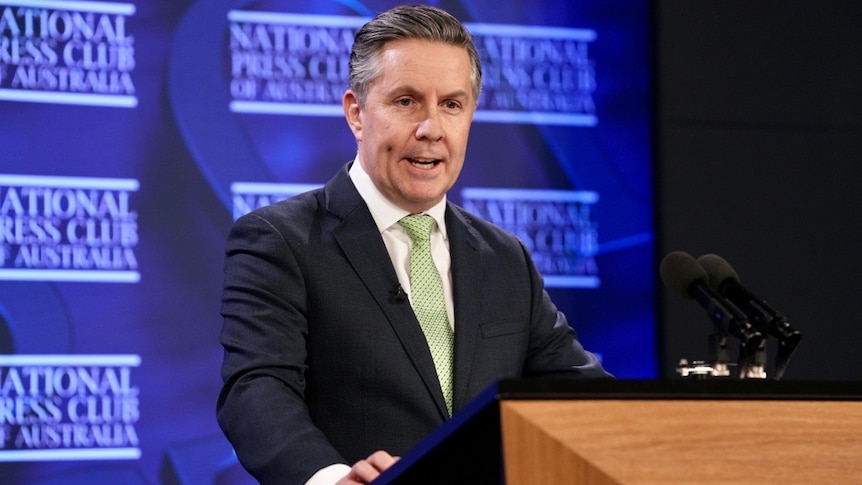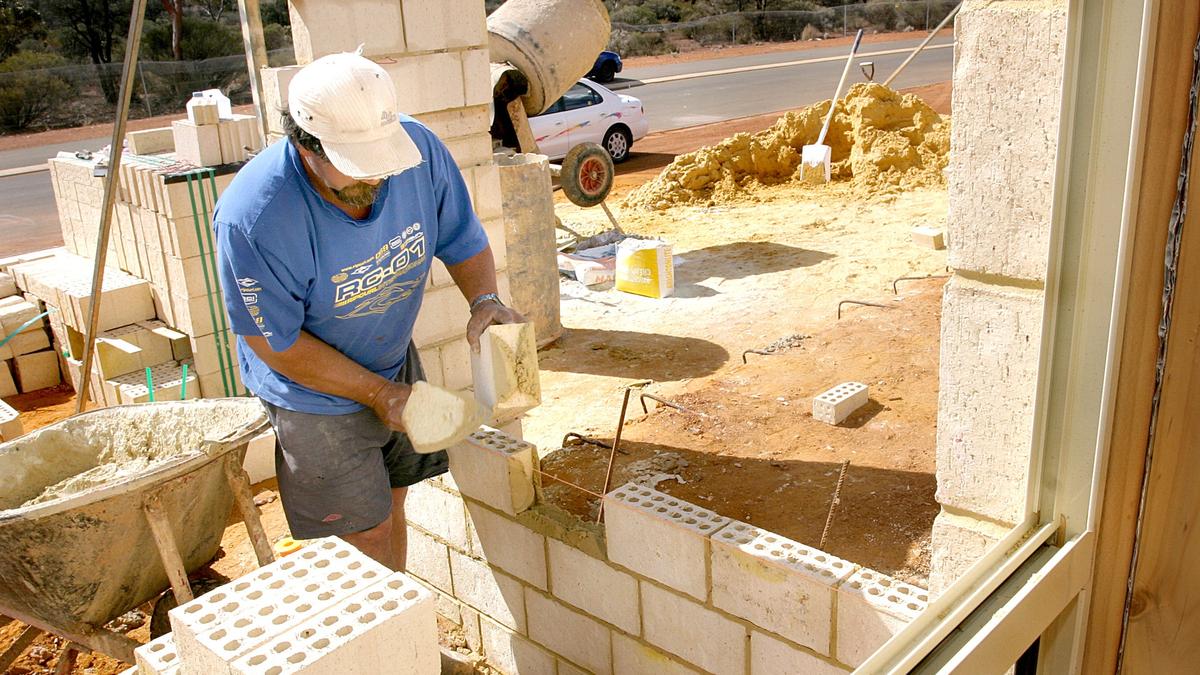
The Australian government has announced a significant shift in its approach to support children with autism and developmental delays. On Wednesday, Mark Butler, the Minister for Disability and NDIS, introduced a new program called Thriving Kids, which will divert resources away from the National Disability Insurance Scheme (NDIS) to better cater to children with mild to moderate conditions. The initiative represents a $2 billion investment aimed at alleviating pressures on the NDIS, which is projected to exceed the national defense budget in future spending.
The Thriving Kids program is set to be operational by July 2024. Butler emphasized that this initiative is crucial for the sustainability of the NDIS, stating, “Diverting this group of kids over time from the NDIS is an important element of making the scheme sustainable and returning it to its original intent.” The federal government plans to implement access and eligibility changes to facilitate the transition of these children into the new program once it is fully rolled out.
Butler described Thriving Kids as a “refocusing” of the NDIS, rather than a complete substitute for existing services. This program aligns with recommendations from the 2023 NDIS Review, which called for establishing a tier of services for children with less profound disabilities. While the specifics of program delivery remain unclear, the initiative aims to integrate foundational support within settings like schools, childcare, and health services.
Transitioning to the new program is part of a broader reform strategy. Butler indicated that further changes to the NDIS could be introduced once growth targets align with those for aged care and Medicare, aiming for an annual increase of approximately 5 to 6 percent. The federal government is consulting with states and territories to establish this target, which will also involve enhanced measures against fraud and increased reliance on evidence-based support.
Recent statistics highlight the urgency behind these reforms. Data indicates that approximately 11 percent of children aged five to seven years are currently enrolled in the NDIS, with a particularly high representation of boys at 13.7 percent compared to 6.4 percent for girls. Out of the roughly 740,000 participants in the NDIS, about 40 percent have a primary diagnosis of autism. The early intervention pathway has contributed to a significant increase in participation rates among younger children, peaking at around 12 percent at age six.
Despite these measures, financial sustainability remains a pressing issue. The NDIS has surpassed Medicare in terms of expenditure and is expected to exceed $64 billion by 2029. Currently, the scheme’s growth rate stands at 10.8 percent, a decline from the 20 percent growth witnessed shortly after the Albanese government took office in 2022. Butler acknowledged the need for a sustainable framework, stating that the future of the NDIS depends not only on budgetary constraints but also on maintaining the social license to operate.
The restructuring towards Thriving Kids has garnered mixed responses from the disability community. While some see the initiative as a necessary step toward addressing the needs of children with moderate disabilities, others worry about the potential disruption to services currently provided under the NDIS. Many families express concern about the future of their support systems, particularly given the ongoing negotiations among states regarding foundational supports.
In addition to these reforms, Butler announced plans to introduce a new Medicare item for bulk-billed health checks for three-year-olds, aimed at identifying developmental concerns early. This proactive approach is intended to complement the Thriving Kids program and improve overall health outcomes for children at risk of delays.
As the Australian government navigates the complexities of the NDIS and its associated reforms, the emphasis will remain on ensuring that all children, particularly those with developmental challenges, receive the appropriate support and resources they need to thrive.







